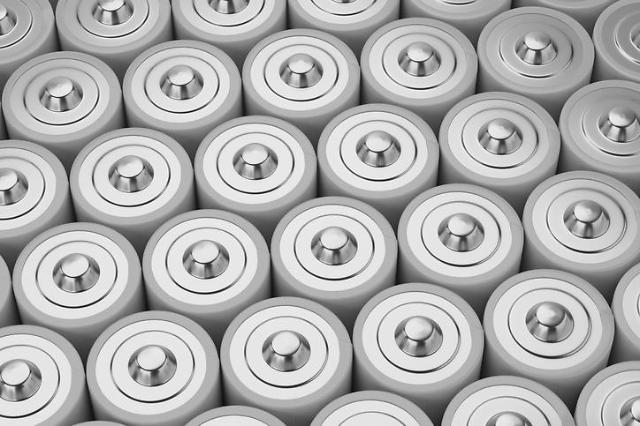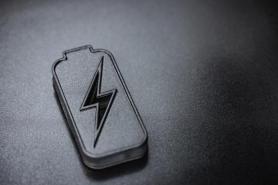
[Gettyimages Bank]
According to the Ministry of Environment, about 31,700 units of electric vehicle (EV) batteries are predicted to be discarded in 2025. The number will skyrocket to 17,500 in 2029 when many of the first-generation EVs start heading to scrapyards because of their old age. The number of discarded batteries will increase at a greater speed in the 2030s.
Currently, discarded EV batteries and large-capacity batteries are mainly recycled and reused in energy storage systems (ESSs) that are designed to store electricity generated by renewable energy sources such as wind generators, micro hydropower plants, and solar power plants. However, the adoption of discarded batteries at ESSs in South Korea is mainly carried out through a regulatory sandbox project that temporarily exempts regulations to test the efficacy of new technologies.
The Ministry of Trade, Industry and Energy said that the Korean Agency for Technology and Standards (KATS), the state standards management body, held a meeting with battery recycling companies, test bodies, insurance organizations, and other related bodies to discuss the compulsory adoption of safety tests and insurance programs for recycled EV batteries.
After the meeting, KATS set safety standards for electric devices that require safety tests, compulsory requirements for regular safety inspections, and the selection of safety test operators to establish a footstone for the development of a safety test system for recycled EV batteries. Insurance companies will develop new affordable insurance plans that can cover a wider range of battery-related accidents.
"We hope to achieve the goal of resources circulation through the thorough safety verification of recycled EV batteries while ensuring the safety of South Korean people," KATS head Jin Jong-wook said in a statement on March 30.
Copyright ⓒ Aju Press All rights reserved.




